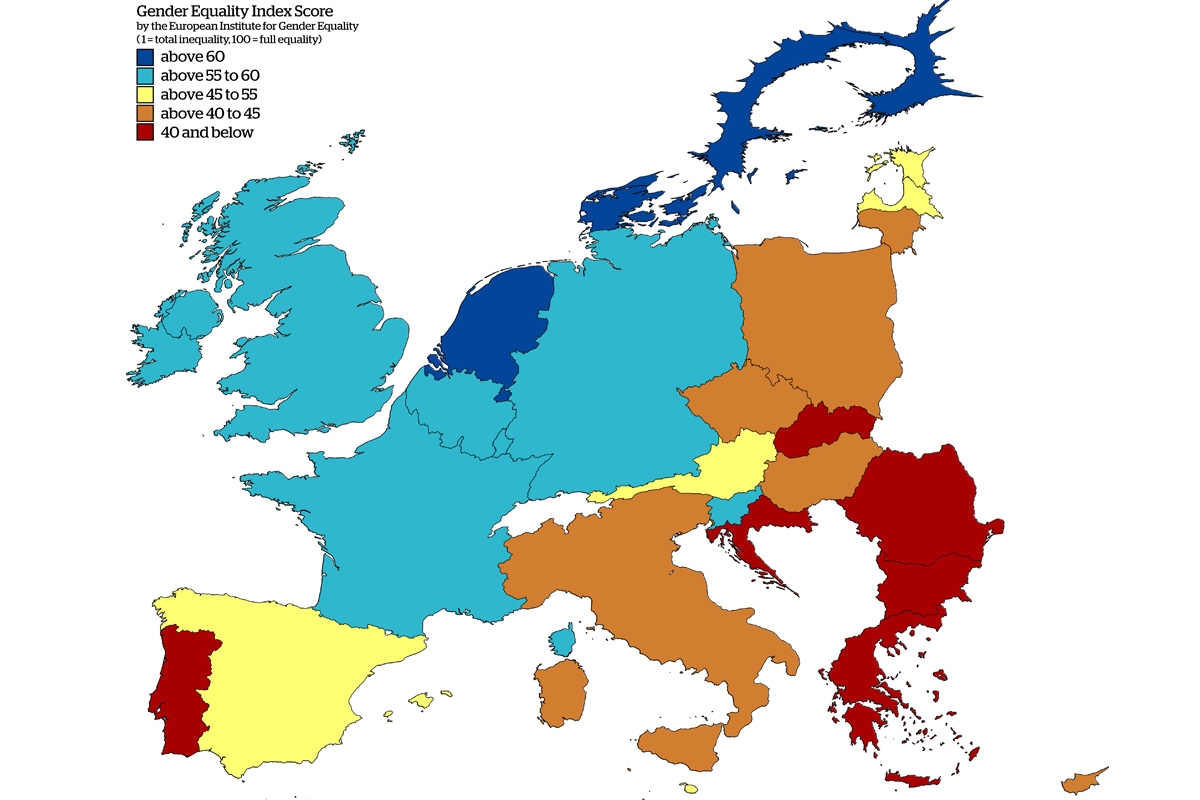Today, the R&I PEERS project released Deliverable 3.1 of the project, a report that provides an analysis of the framework variables (cultural, legislative, political, economic) in project partner countries (Italy, Spain, Israel, Cyprus, Slovenia, Tunisia, and Greece) that may affect gender equality-related issues in piloting organisations, and that evaluates each research-performing and research-funding organisation piloting GEPs against national and ERA guidelines.
In the report, the GEP target areas defined by piloting partners address several national framework variables – legislative, cultural, economic, and political ones, covering the following broader fields:
- Mentoring
- Female researchers’ staff career and excellence
- Work-life balance
- Gender balance in committees, researchers, job offering and recruitment
- Gender dimension in research and curricula
- Improving use of gender-sensitive language in organization’s documents
- Raising awareness of gender equality within the organisation
Most of the GEP target areas result from detecting a gap – between what is prescribed by legislation and what exists in practice (as a consequence of unequal access, prevalent stereotypes, institutional cultures, etc.), and between what countries commit to with regard to gender equality in policy documents and resolutions and what they really do in order to fulfil their commitments. Target areas defined for each GEP also address gender equality related issues and discrepancies that easily escape legislative regulations – practices stemming from organisational cultures, differences in professional behaviour of women and men, hidden forms of sexism and harassment, etc.
Finally, several target areas in piloting organisations’ GEPs aim at making a step forward from what is prescribed in the existing legislature, taking into account issues recognised by research community and civil society members, as well as at responding to the needs of employees of piloting RPOs and RFOs.
Recommendations outlined in the European Research Area Guidelines to promote gender equality in research and innovation are generally relevant for the piloting organisations and for the definition of their GEP target areas. They either help achieving goals set in the GEP target areas or point towards gaps which tend to occur between adopted policies to promote gender equality measures, and the lack of implementation of such measures in practice.
For more information about this and other R&I PEERS reports, please visit here or contact the R&I PEERS project coordinator.

